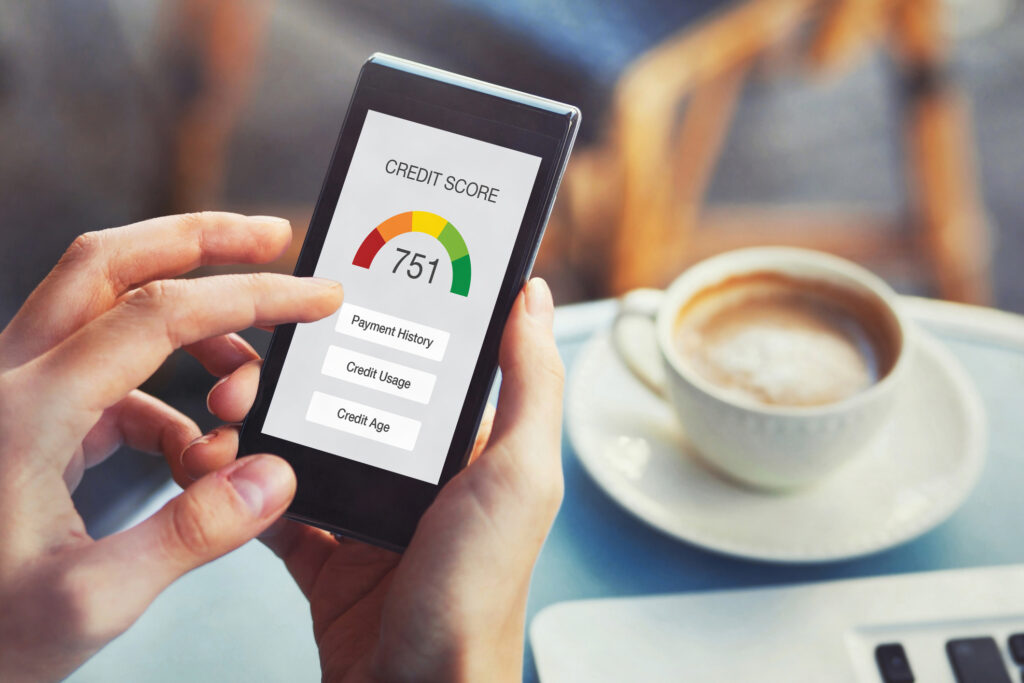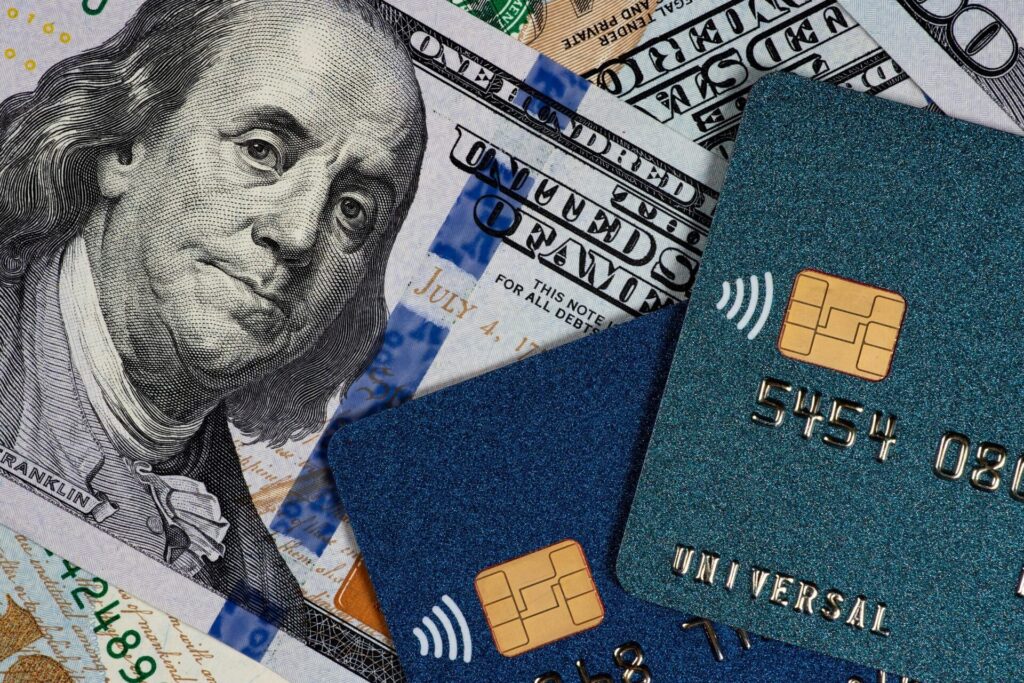Your credit score is a super-important number that lenders use to evaluate your creditworthiness. It influences your ability to get loans, credit cards, and favorable interest rates. Checking your credit score regularly is important to ensure its accuracy and monitor your overall financial health. Here’s a quick guide on how to check your credit score.
1. Choose a credit reporting agency
There are three major credit reporting agencies in the United States: Equifax, Experian, and TransUnion. Each one maintains its own credit report on you, and your credit score may vary a bit between the three because they each collect slightly different data. It’s a good idea to check your credit score with all three agencies regularly.
2. Get your annual free credit report
By federal law, you’re entitled to one free credit report from each of the three major credit reporting agencies every 12 months. You can request your free credit reports online at AnnualCreditReport.com, by phone, or by mail. It’s a great way to review your credit history, check for errors, and keep an eye on all of your accounts.
3. Utilize free credit score services
Numerous websites and financial institutions offer free access to your credit score. Some of these services provide scores from one or more of the credit reporting agencies. Popular free credit score services include Credit Karma, Credit Sesame, and WalletHub. These platforms offer not only your credit score but also insights into your credit report and tips for improving your credit.
4. Check your credit card or bank statements
Some credit card companies and banks provide free access to your credit score to their customers. Check your monthly statements or log in to your online account to see if your bank offers this. If it does, you can usually get your current credit score in just a few clicks.
5. Sign up for credit monitoring services
Credit monitoring services like myFICO, Experian CreditWorks, and IdentityForce offer complete credit monitoring. These services also monitor your credit report and alert you to changes, including new accounts, inquiries, and potential fraud. A Brigit subscription also includes credit monitoring, along with a host of other useful credit and finance-related tools!
6. Contact your lender or credit card company
If you’ve recently applied for a loan or credit card, your lender or issuer may provide you with your credit score as part of the application process. If you’ve been approved for credit, it’s worth asking if they can provide you with your credit score, as they may have used it in their decision-making process.
7. Request a paid credit score
If you want to access your credit score more frequently than once a year, or get a more detailed report, you can buy it directly from the credit reporting agencies or from other reputable sources. Keep in mind that while free credit score services offer a helpful overview, paid services usually give you a more detailed analysis of your credit history and the things that affect your score. You can also track your score and check your credit report with a subscription to Brigit’s Finance Helper—which includes a whole lot of other financial and credit tools as well!
8. Beware of scams
When you’re checking your credit score, watch out for scams and phishing attempts. Always use reputable sources and official websites like AnnualCreditReport.com or the websites of the credit reporting agencies. Don’t click on links or provide personal information in response to emails or other messages claiming to offer free credit scores.
The bottom line: check your credit score regularly
Regularly checking your credit score allows you to stay informed about your creditworthiness and catch any errors or signs of identity theft. By using free or paid services, you can stay on top of your credit score and credit report. Monitoring your credit score can help you make informed financial decisions and keep your credit score healthy.










